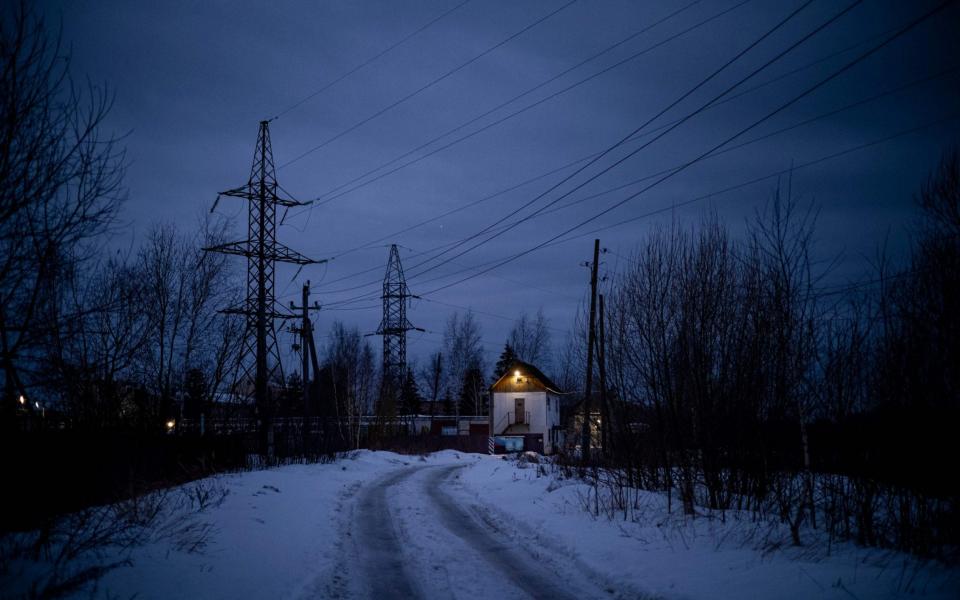Penal Colony No. 2 'breaks people': Inside the prison where Alexei Navalny may be sent

The penal colony where Kremlin critic Alexei Navalny may be sent to serve his two-year sentence is "one of the worst" in Russia, former inmates and prisoners rights groups have said.
Former inmates of colony No 2 in the town of Pokrov, three hours outside Moscow, told the Telegraph that if Mr Navalny stays at the prison he will be subjected to a combination of intense isolation and gruelling psychological and physical pressure designed to mentally destroy him.
“It’s one of the worst colonies in Russia. Former inmates are afraid to speak out about the conditions because they risk repercussions after they leave the prison,” said Ruslan Vakhapov, a human rights activist who specialises in defending prisoners for local NGO Jailed Russia.
“Navalny will probably be isolated from the outside world and other prisoners will be prevented from talking to him,” Mr Vakhapov said.
Prisoners face abuse by prison guards if they violate a strict schedule, he said, while the colony administration encourages prisoners to control and monitor other inmates.
“There are no rights for prisoners in Russia,” Mr Vakhapov said.
“Navalny faces immense pressure that can psychologically weaken him, but I think the administration will be afraid of using physical force on him. It could damage their reputation completely,'' he added.

Mr Navalny was reported to have arrived at penal colony No. 2 on Sunday.
But later, his lawyers said they had met with him in the nearby detention facility no. 3 "Kolchugino", tweeting that he was "in a great mood and says hello to everyone".
Transfers of inmates within Russia's penitentiary system can take days or weeks and relatives often only discover the whereabouts of a prisoner after he or she has arrived at a prison. He could well be moved again in the coming days.
Konstantiv Kotov, who was a high-profile figure in the so-called Moscow Case, a controversial set of trials of activists who participated in protests called by Navalny in 2019, described a harsh disciplinary regime at colony No 2 designed to maximise psychological pressure.
“Every day - from 06:00 until 22:00 in the evening - I spent on foot with my hands tied behind my back. Either I walked or stood, it was forbidden to sit or rest during the day,” he told The Telegraph.

 Yahoo Autos
Yahoo Autos 